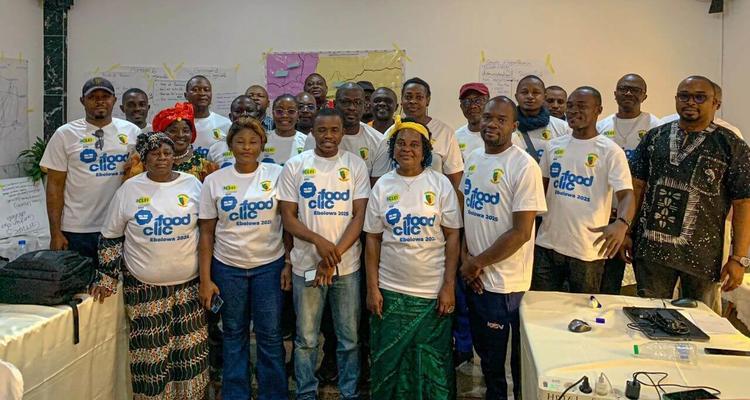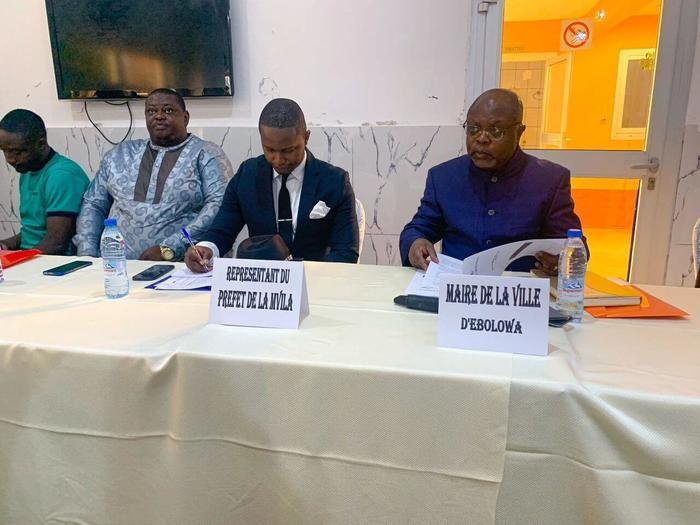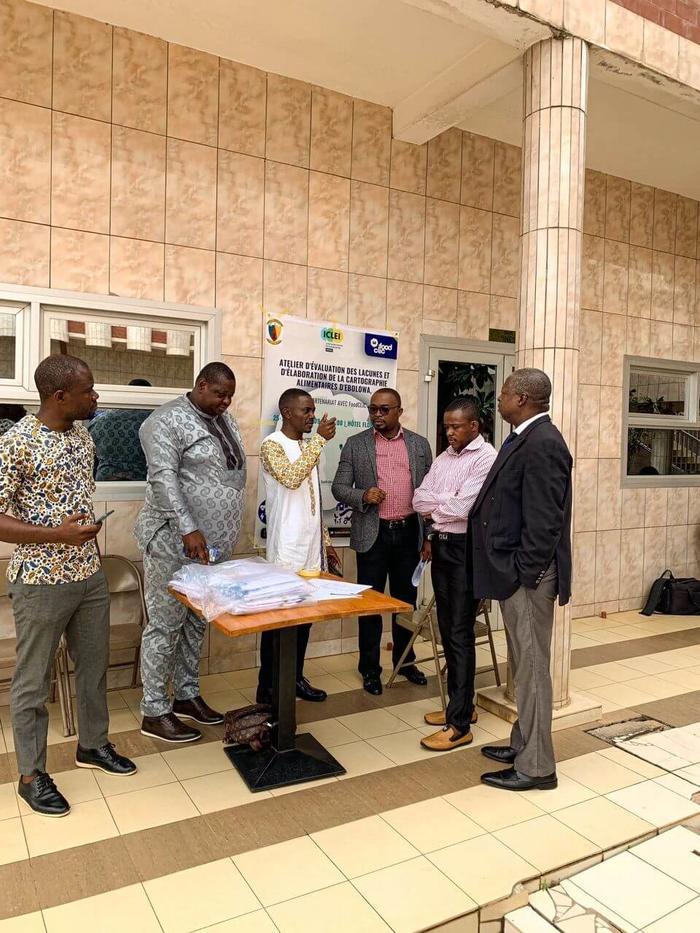
Steps Toward Urban Food Transformation in FoodCLIC’s African Broadening City Regions
In early 2025, the FoodCLIC African Broadening City Regions of Ebolowa, eThekwini, and Fort Portal took a major step in their food systems transformation journeys. The cities hosted their first workshops, focused on stakeholder mapping and baseline assessment. These initial engagements were designed not only to understand existing food environments and governance dynamics, but also to catalyse inclusive dialogue, build local momentum, and seed the formation of food policy councils and other multi-actor governance platforms.
Through its Broadening task, FoodCLIC supports cities in developing inclusive and sustainable food policies. This phase is central to the project’s mission, as it extends FoodCLIC’s methods into new city-regions across Africa and Europe.
Grounded in Local Realities: The Focus of Each City
While all three cities shared a common structure in their workshops, the focus of each workshop was deeply rooted in local priorities:
Fort Portal concentrated on food safety, leveraging past work from the Food Change Lab and building on its new city-level food safety ordinance. The workshop surfaced challenges such as unsafe slaughtering practices and pesticide misuse, while also mapping stakeholder gaps, particularly among transporters, informal butchers, and people with disabilities.
eThekwini (Durban) used the opportunity to relaunch its food strategy process, which had been inactive for several years. The workshop focused on identifying food system gaps, stakeholder roles, and key sectors like waste, urban agriculture, and nutrition. Notably, it highlighted the urgent need to involve informal food actors, traders, and departments like education and social development.
Ebolowa centred its efforts on reducing food import dependence and strengthening local production and coordination. The baseline assessment revealed significant gaps in agri-food infrastructure, coordination across ministries, and stakeholder inclusion, underscoring the need for a Food Policy Council and investment in youth-driven local entrepreneurship.
Building Dialogue Across Sectors and Communities
A key outcome of these workshops was the strengthening of connections among diverse actors, including government departments, civil society, academia, producers, traders, and private businesses. All cities used participatory mapping tools to better understand their stakeholders, explore power relationships, and identify gaps in collaboration. This process led to a clearer picture of who is actively shaping the food system and, just as importantly, who remains excluded.
Across the board, the workshops revealed underrepresentation of key groups, including informal vendors, youth, people with disabilities, private sector actors, and certain government departments. Each city developed context-specific strategies to involve these groups more deliberately going forward. These efforts are not only essential for inclusivity but are also key to ensuring that food policy is grounded in the lived realities of those most affected by systemic barriers.
Feeding Into the Broader FoodCLIC Process
These workshops represent Step 3–5 in the FoodCLIC broadening process: identifying stakeholders, co-creating engagement platforms, and assessing the local food environment. The lessons from each city feed directly into the next phases, which will include visioning and strategic planning.
Through peer-to-peer learning with other FoodCLIC cities and technical support from the broadening lead partner, ICLEI, each city-region is developing its own roadmap for long-term transformation. A common thread across these efforts is the establishment or strengthening of food policy councils or multi-actor coordination platforms, which are seen as essential for embedding dialogue into formal governance processes.
A Path Forward
These initial workshops have made it clear that meaningful food systems transformation cannot happen without cross-sector dialogue and grassroots inclusion. By recognising the value of every actor, whether a city official, informal vendor, farmer, or youth activist, these cities are beginning to rebuild the foundations of urban food governance. They also highlight that lasting solutions must be rooted in local realities and supported by structured processes and genuine collaboration.
As Ebolowa, eThekwini, and Fort Portal continue their journeys, their experiences will provide a valuable foundation for others. This shows that even the most complex food system challenges can be addressed when cities listen, learn, and lead together
- Written by our guest author and consortium member Ivan Pauw (ICLEI Africa)


Publishing date:
FOODCLIC. We are connecting people, food, policy & places.
FoodCLIC is a four-year project funded by the EU. The project runs from September 2022 to February 2027. The acronym FoodCLIC stands for 'integrated urban FOOD policies – developing sustainability Co-benefits, spatial Linkages, social Inclusion and sectoral Connections to transform food systems in city-regions

